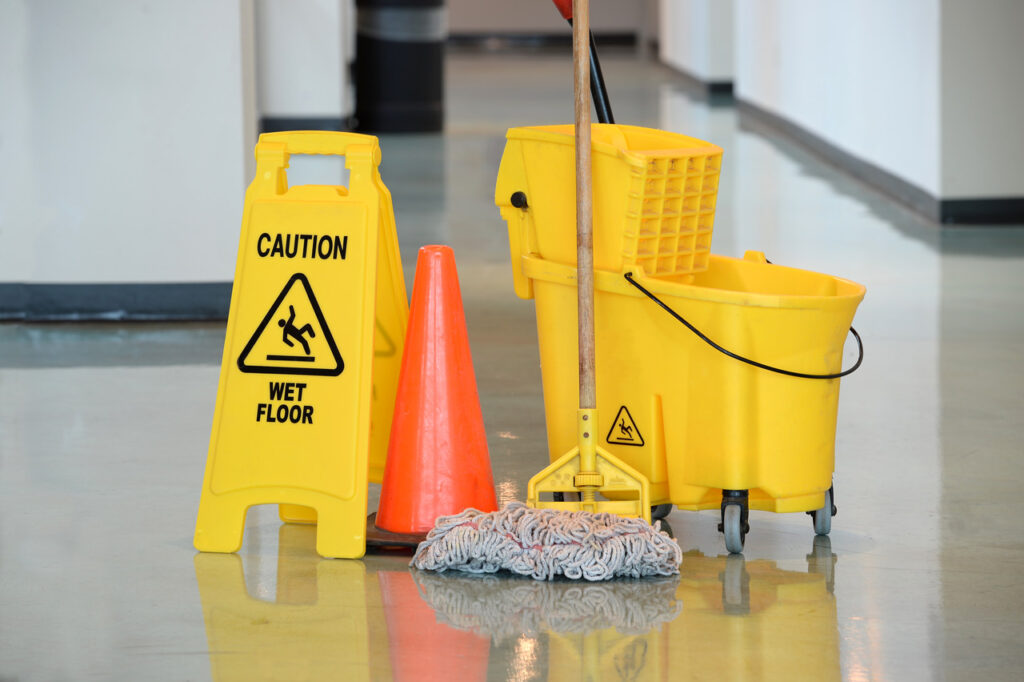If you own or manage a food business building a food safety culture must be at the heart of your business. It must go hand in hand with your business culture. Keep on reading this and we will share more details on how you can build a food safety culture.
What exactly is a food safety culture?
Food safety culture refers to the behaviors, beliefs, and attitudes of all the food handlers, managers, and supervisors to ensure the safety of food at all times. While ensuring the safety of food, a food safety culture would address potential hygiene issues. By ensuring a food culture within a business, it is possible to ensure the safety and quality of food at all times.
Why is it important to build a food safety culture?
Building a food safety culture works hand-in-hand with the law. The Food Hygiene Regulations make specific requirements on businesses to provide the principles of a food safety culture these include training, premises and equipment, training, waste control and personal hygiene to name but a few.
According to statistical records, it is identified that around 38% of the people who are dining in a restaurant are concerned about the food hygiene rating of the business.
Building a food safety culture will not only ensure the quality and safety associated with the food it will also ensure that people who buy food are protected from allergens. As of now, around 6% of the people in the country are dealing with food allergies. That’s another reason why every business should focus on building a food safety culture.
There are numerous benefits that a food business can experience by having a food safety culture. For example, it can provide a competitive advantage to any business. This can deliver a variety of commercial benefits to the business. Hence, investing in the process of building a food safety culture is one of the best decisions that a business can consider.
Problems associated with a weak food safety culture
If you have a weak food safety culture it is important to understand the problems that can take place. For example, failing to have a strong food safety culture could result in a large number of customer complaints. On the other hand, your employees can become disengaged. This will eventually increase staff turnover, which can negatively impact your business. In the long run, this can damage the reputation of your brand. Moreover, you may have to deal with personal injury claims, negative social media reviews and customer reimbursements, which might even force you to close down the operation.
To make sure that you don’t have to face any such consequences, it is important to focus on building a strong food safety culture, progressive steps that everyone in the business can engage with have long lasting results.
How to build a food safety culture
Here are some useful tips that you can follow in order to build a food safety culture. The effectiveness of these tips is proven, and you can follow them without keeping any doubts in mind. A positive food safety culture brings rewards.
– Start from the top
To build a food safety culture, you should start from the top. In other words, you need to get the managers and owners of the food business to align with the concept. Then they will be able to set a good example, which all employees can follow. The leaders should always emphasize the importance of maintaining a food safety culture within the food business. This will eventually motivate all the employees to stick to it.
– Explain the reasons
It is a must for the managers to explain the reasons why it is important to build a food safety culture. Otherwise, the workforce will blindly follow it, which will keep them away from achieving the best results. For example, you can explain why it is important to maintain an allergen-controlled food preparation area, take the internal temperature of foods, and not prepare raw foods on the same surfaces as ready-to-eat foods. Based on the facts, you can align the workforce to adhere to the food safety culture.
– Provide ongoing training
You should not just provide one-time training but focus on the delivery of ongoing training to all team members on how to ensure food safety. All training must be commensurate to the tasks of the team member, not a one size fits all solution. Training will help the team to stay up to date with knowledge and changes in processes or legislation. As a result, they will be able to keep on maintaining a food safety culture without encountering challenges. Continuous updates they receive from training will always help to keep the food safety rules in focus at any given time.
– Deliver appropriate equipment
If you don’t provide appropriate equipment to the team, they will not be able to adhere to the food safety culture. This is why you should buy the equipment needed to ensure the safety of food. For example, it is important to have food thermometers placed at every workstation. By doing so the kitchen team will be able to take temperatures of food they prepare without being presented with challenges. They will not have a reason to ignore taking temperatures.
– Conduct regular audits
You should also conduct regular audits to see whether the team is adhering to the food safety culture at all times. Then you can proactively spot the errors and fix them as well.
Final words
Now you have a clear understanding of all the steps on how to build a food safety culture at your business. Keep these tips in mind and proceed with building a food safety culture. If you have any questions please get in touch on 0203 870 4470, email us at info@trustfact.co.uk or contact us through social media.



